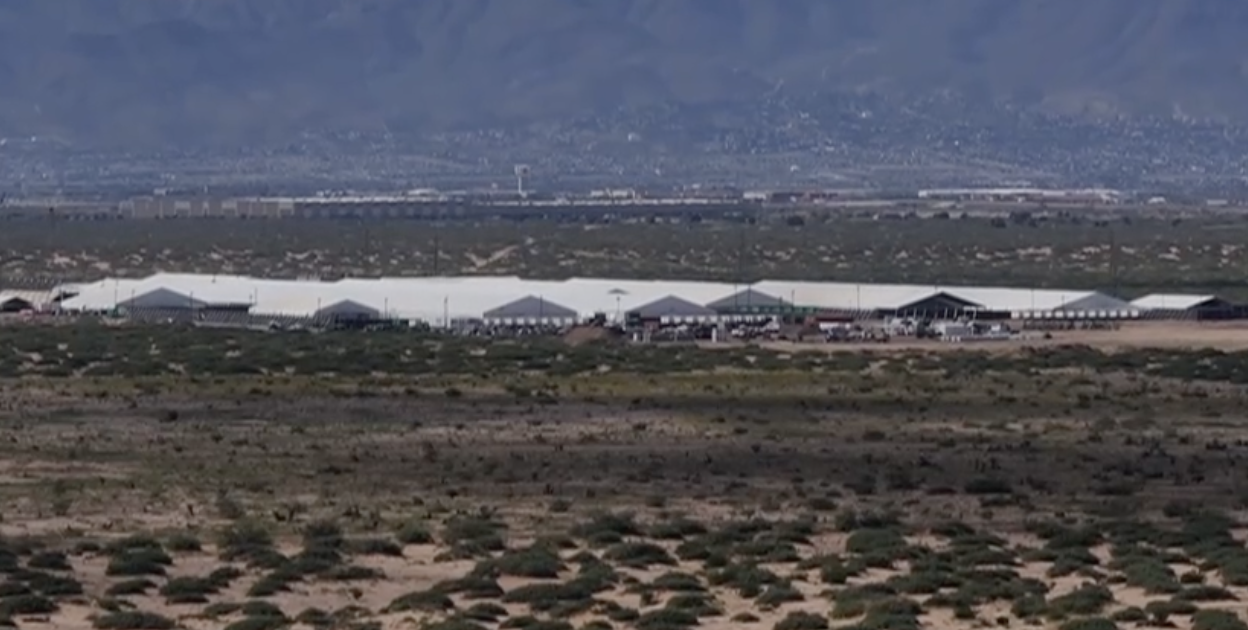Yes, it's officially time to start thinking about your taxes.
The IRS has started accepting your 2023 tax returns Monday, and changes this year could mean a little extra money in your pocket.
The big headline this tax season is that inflation is impacting taxes, but what does that mean for you?
“I think it'll mean a little bit more money in people's paychecks in 2024,” said the CEO of Oxygen Financial, Ted Jenkin.
The IRS raised the tax brackets by 5.5%, which financial expert Jenkin says could mean you will owe less in taxes or see a bigger refund.
“So what it's going to mean to most Americans is that if your income is flat or it goes up less than 5.5%, you should get a pay raise this year because the tax brackets are larger,” said Jenkin.
Next, the standard deduction is increasing—also because of inflation—it's up $1,800 from last year to $27,700 for married couples filing jointly.
For single taxpayers, the standard deduction rises to $13,850 for 2023, up $900.
“It's great news. You know, there are a lot of people who are making minimum wage or may only make $50,000 a year, and because, as a married couple, the standard deduction is $29,200, there are a lot of people who simply, even if they own a home, even if they pay real estate taxes, they may not do itemized deductions. So, I think what the IRS is trying to do is make it simpler for more Americans to file their taxes,” said Jenkin.
Another big change this year is tax breaks for electric cars.
“What's changed this year is literally right at the dealership. You can get the tax credit federally of up to $7,500 for a new car. You can get it for up to $4,000 for a used car, depending upon your income. And if you install a charger at home, you may be able to get an additional $1,000,” said Jenkin.
And don't forget—tax breaks for energy-efficient home improvements.
“And if you work the system right, you may be able to get up to $3,200 of tax credits. So some people have put in new windows, new doors, but they simply didn't apply for the tax credit,” said Jenkin.
And finally, this tax season, the IRS is testing out its own tax filing software:
The new "IRS direct file" program, a free IRS pilot program, will allow taxpayers in 13 states, including Arizona, California, Massachusetts, Texas, Florida, and New York, to file their taxes online for free directly with the IRS.
“You may be able to get your refund quicker. Sometimes these big tax companies will charge you some interest in the midst of you getting your refund. This is directly with the IRS. There are $11 billion spent every year on tax preparation fees. So one, no fees. Two, you might get your money back quicker,” said Jenkin.
Jenkin says—if you weren't already paying close attention to the presidential election, now is the time because your money is at stake.
"Pay close attention to this year between both the Democrats and the Republicans to see what their tax policies will be. We are $34 trillion in debt. And the real two ways that the federal government makes revenue is personal income tax and payroll tax. So keep an eye on both of those policies and think about how it may affect your financial future,” said Jenkin.

In 41 states, the poor pay a higher share in taxes than the top 1%
In many states that don't have a broad-based income tax, the poor are asked to carry a much larger burden than the wealthy.










